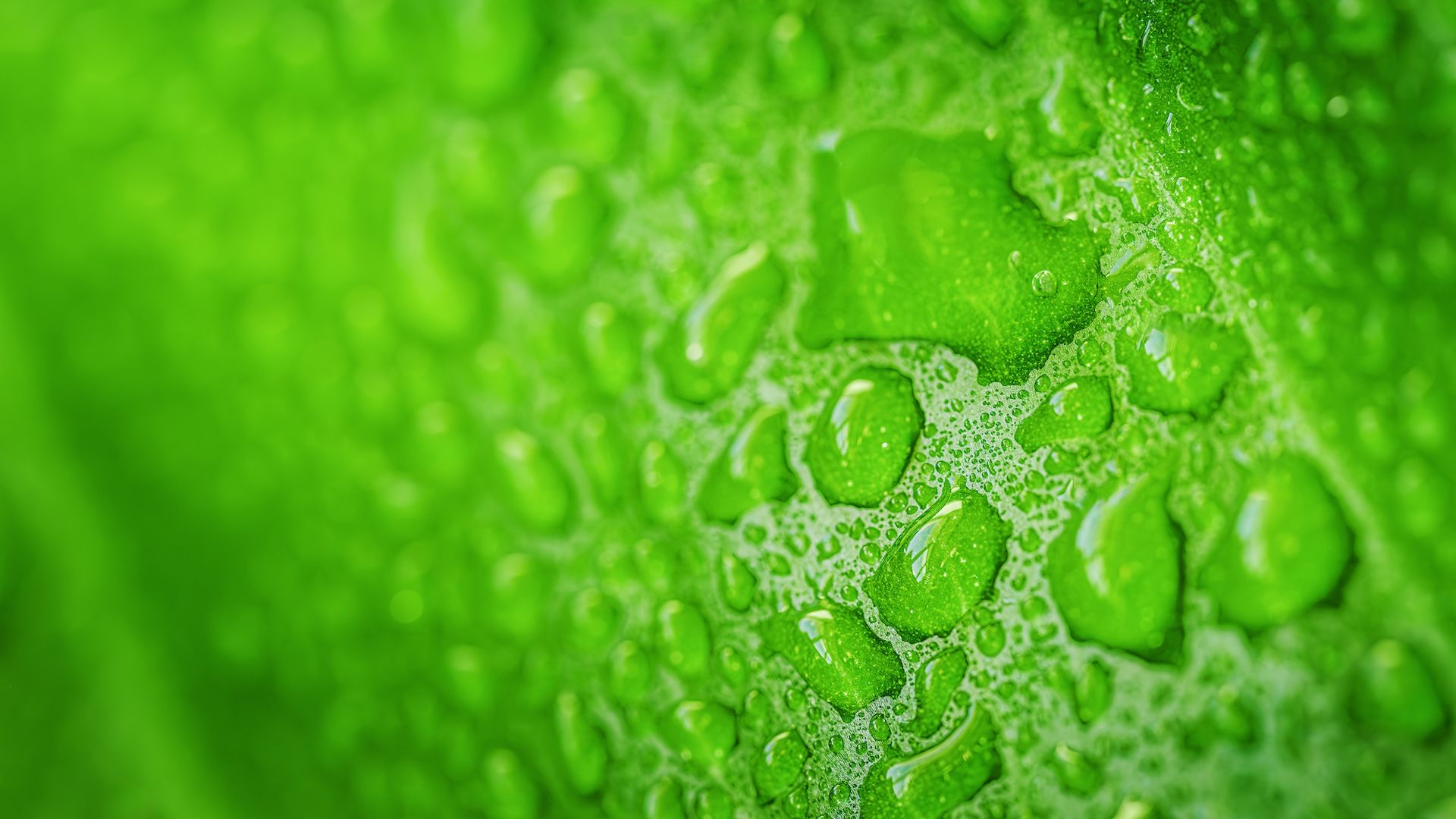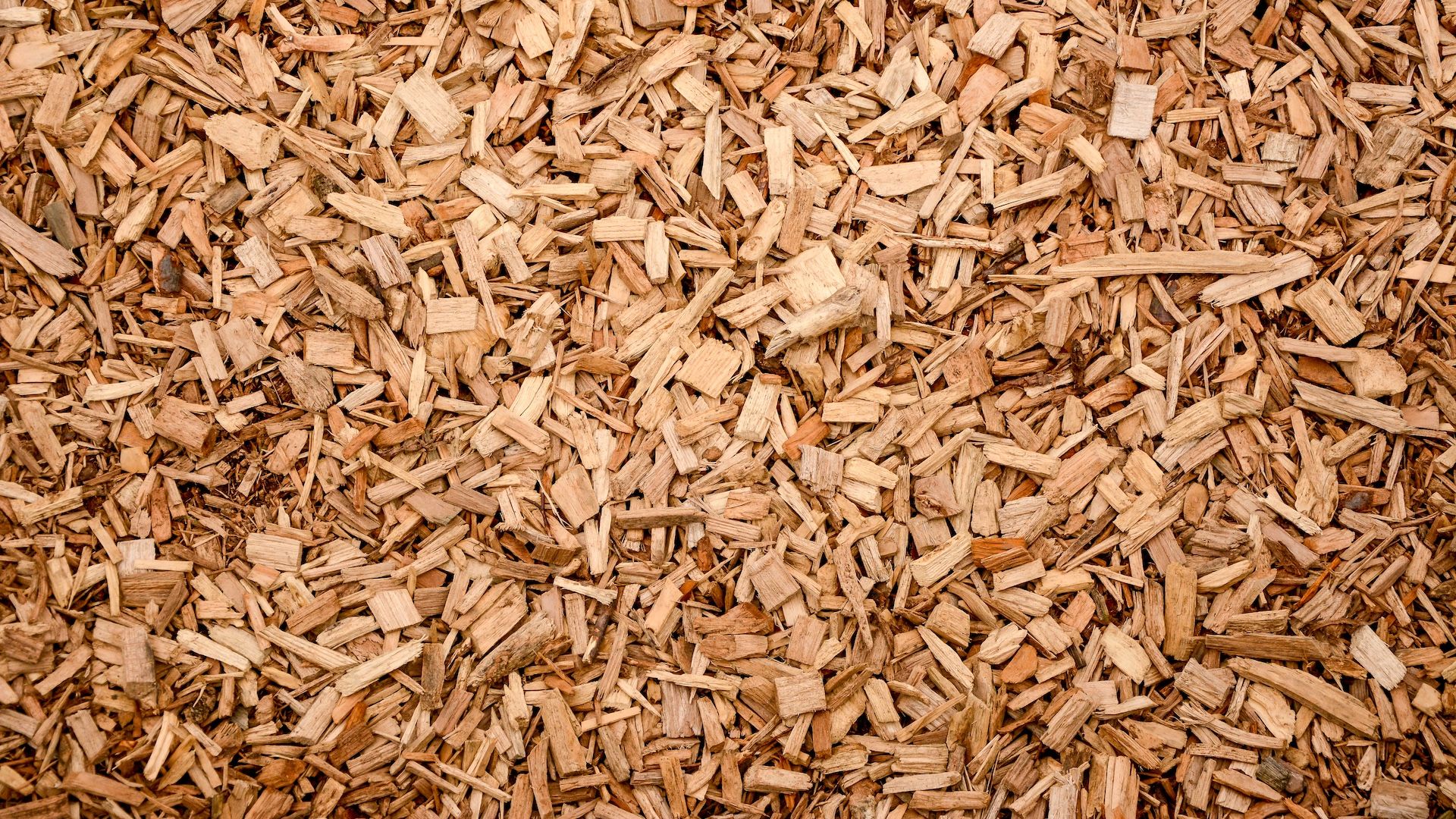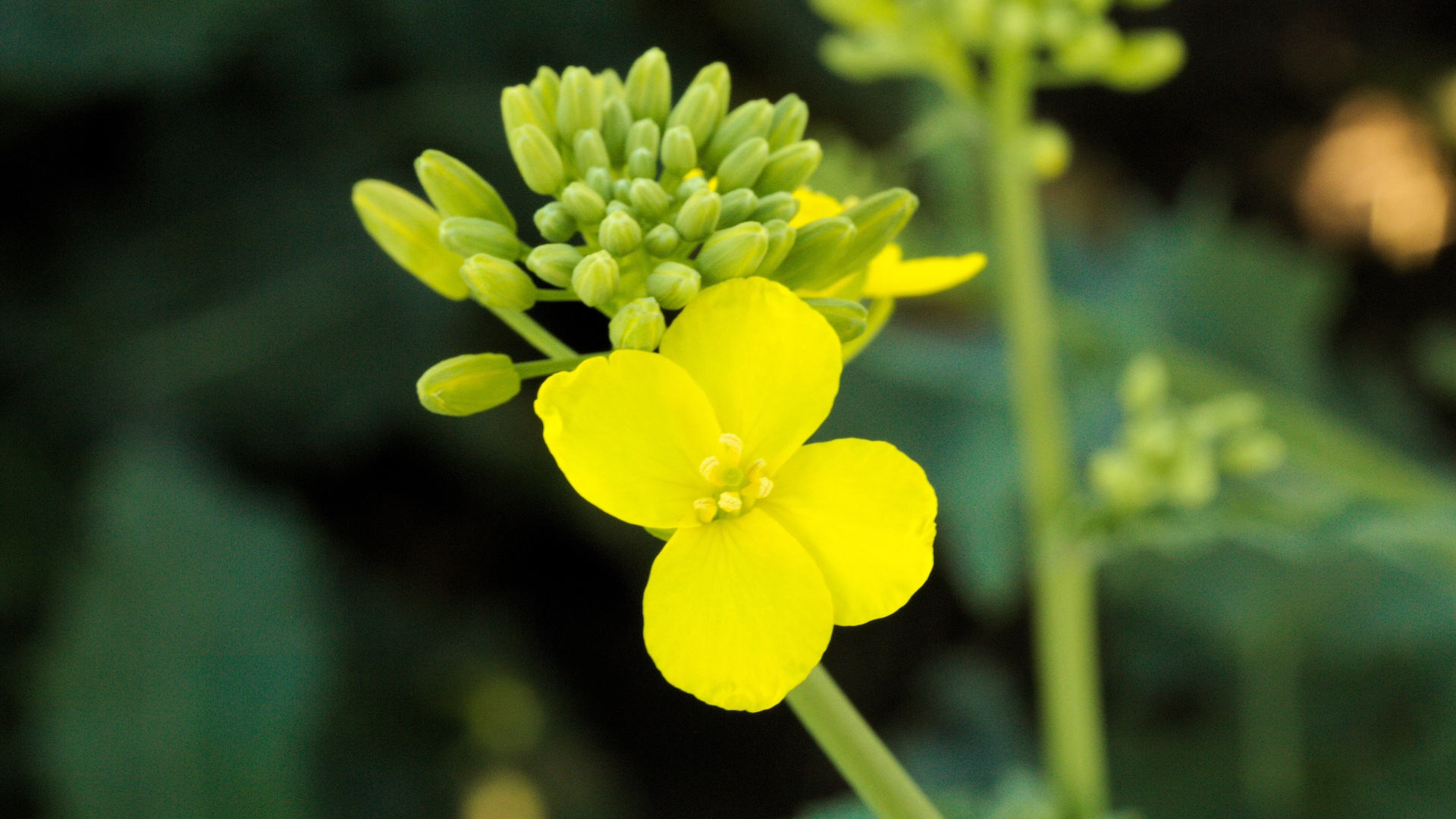Plant-Based Fatty Acids: Sustainable Alternatives to Crude Oil-Derived Fatty Acids

The global push towards sustainability has driven significant interest in plant-based fatty acids as alternatives to those derived from crude oil. These bio-based fatty acids offer numerous environmental and economic advantages, making them a promising solution for various industries including plastics, cosmetics, and biofuels.
Understanding Fatty Acids and Their Sources
Fatty acids are long-chain hydrocarbons with a carboxylic acid group. They are fundamental components in the production of a wide range of products such as detergents, lubricants, and plastics. Traditionally, fatty acids are derived from petrochemical processes involving crude oil. However, these processes are not sustainable, contributing to greenhouse gas emissions and depleting finite fossil resources.
In contrast, plant-based fatty acids are derived from renewable biological sources like vegetable oils (e.g., soybean, palm, and canola oils), algae, and even waste biomass. These alternatives are biodegradable, have a lower carbon footprint, and can be produced sustainably.
Key Plant-Based Fatty Acids
- Oleic Acid: Predominantly found in olive oil, soybean oil, and canola oil, oleic acid is a monounsaturated fatty acid used in making soaps, detergents, and bio-lubricants. Its chemical properties make it a versatile substitute for oleochemical products derived from petroleum.
- Linoleic Acid: Present in high concentrations in safflower oil and sunflower oil, linoleic acid is a polyunsaturated fatty acid. It is valuable in producing biodegradable polymers and surfactants.
- Stearic Acid: Commonly sourced from palm oil and cocoa butter, stearic acid is a saturated fatty acid. It is widely used in the manufacture of candles, cosmetics, and as a hardening agent in plastics.
- Lauric Acid: Extracted from coconut oil and palm kernel oil, lauric acid has applications in the production of detergents, soaps, and bio-plastics due to its excellent surfactant properties.
Applications and Future Potential
Plant-based fatty acids are already being used in numerous applications, but ongoing research and development are expanding their potential uses. Innovations in genetic engineering and synthetic biology are enhancing the efficiency of fatty acid production from plants and algae. For example, microalgae can be engineered to produce high yields of specific fatty acids, offering a scalable and efficient production method.
Moreover, the development of biorefineries that integrate the production of plant-based fatty acids with other bio-based products is enhancing the economic viability of these alternatives. This integrated approach can reduce waste and improve the overall sustainability of the production process.



